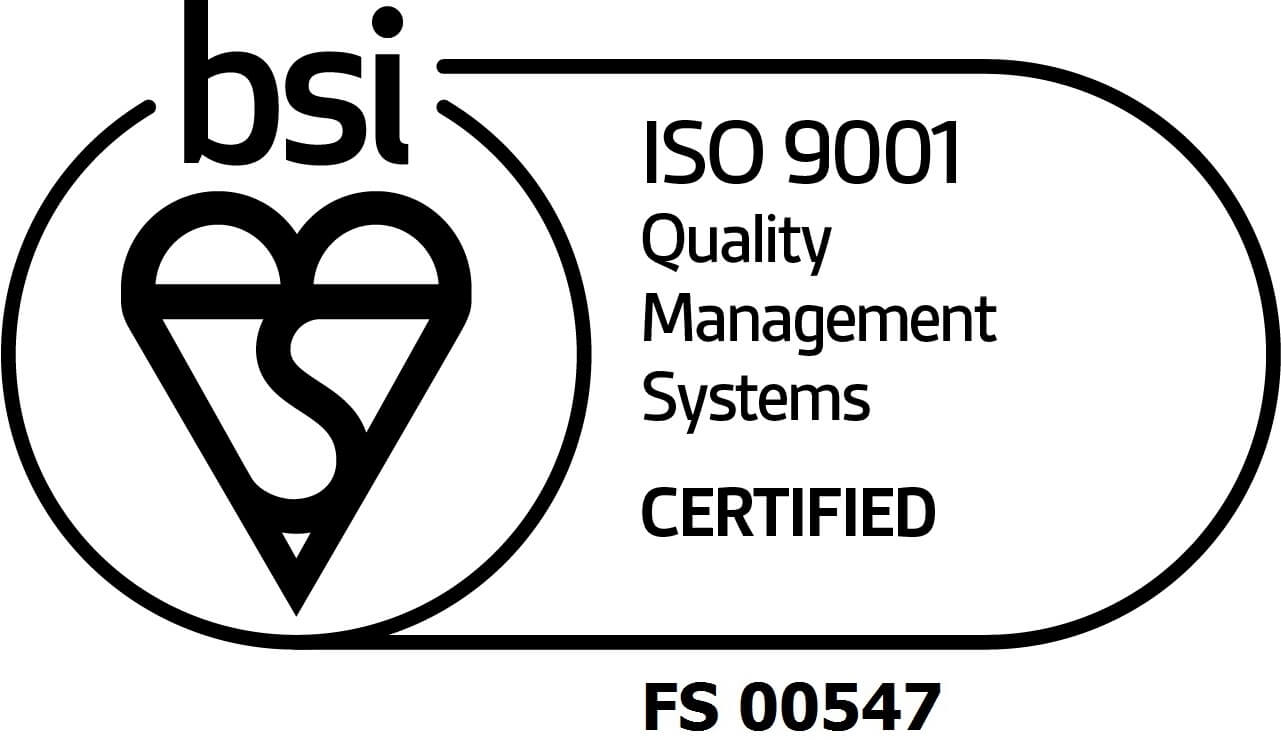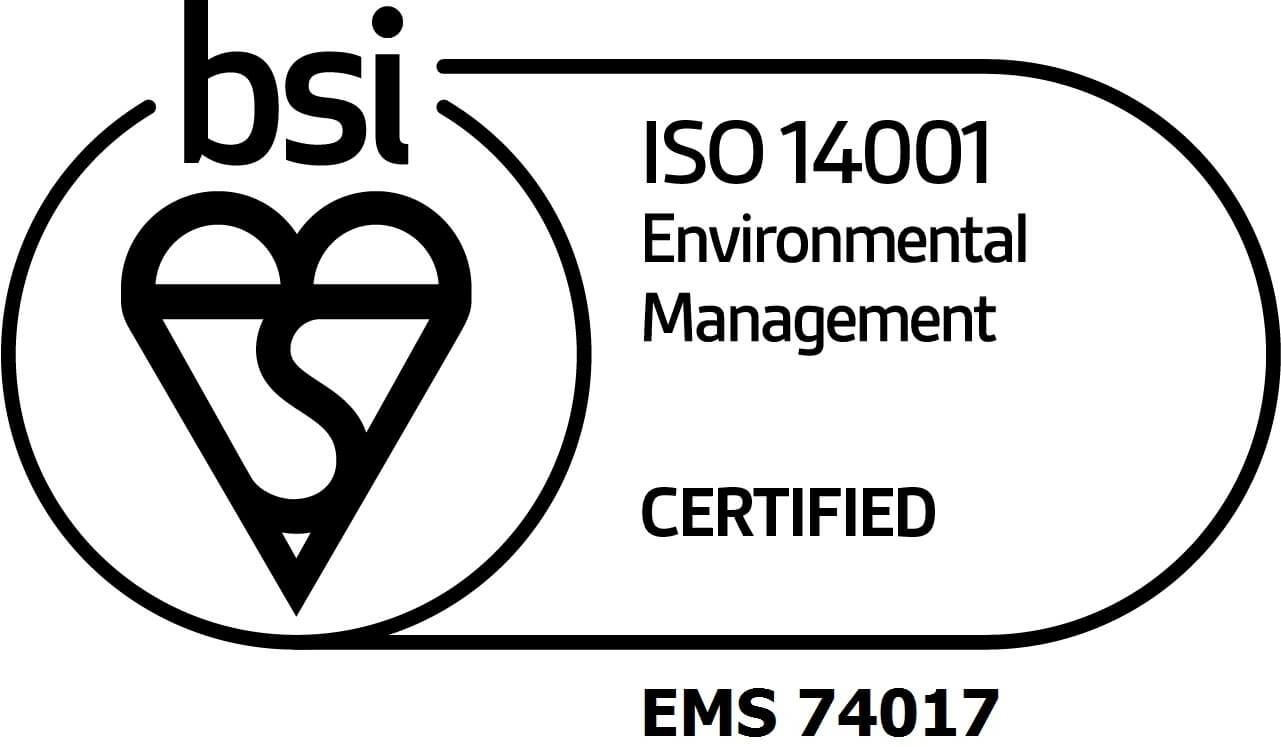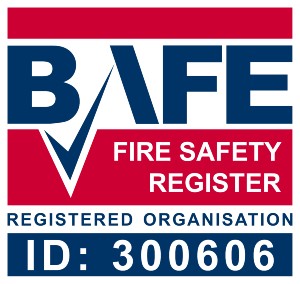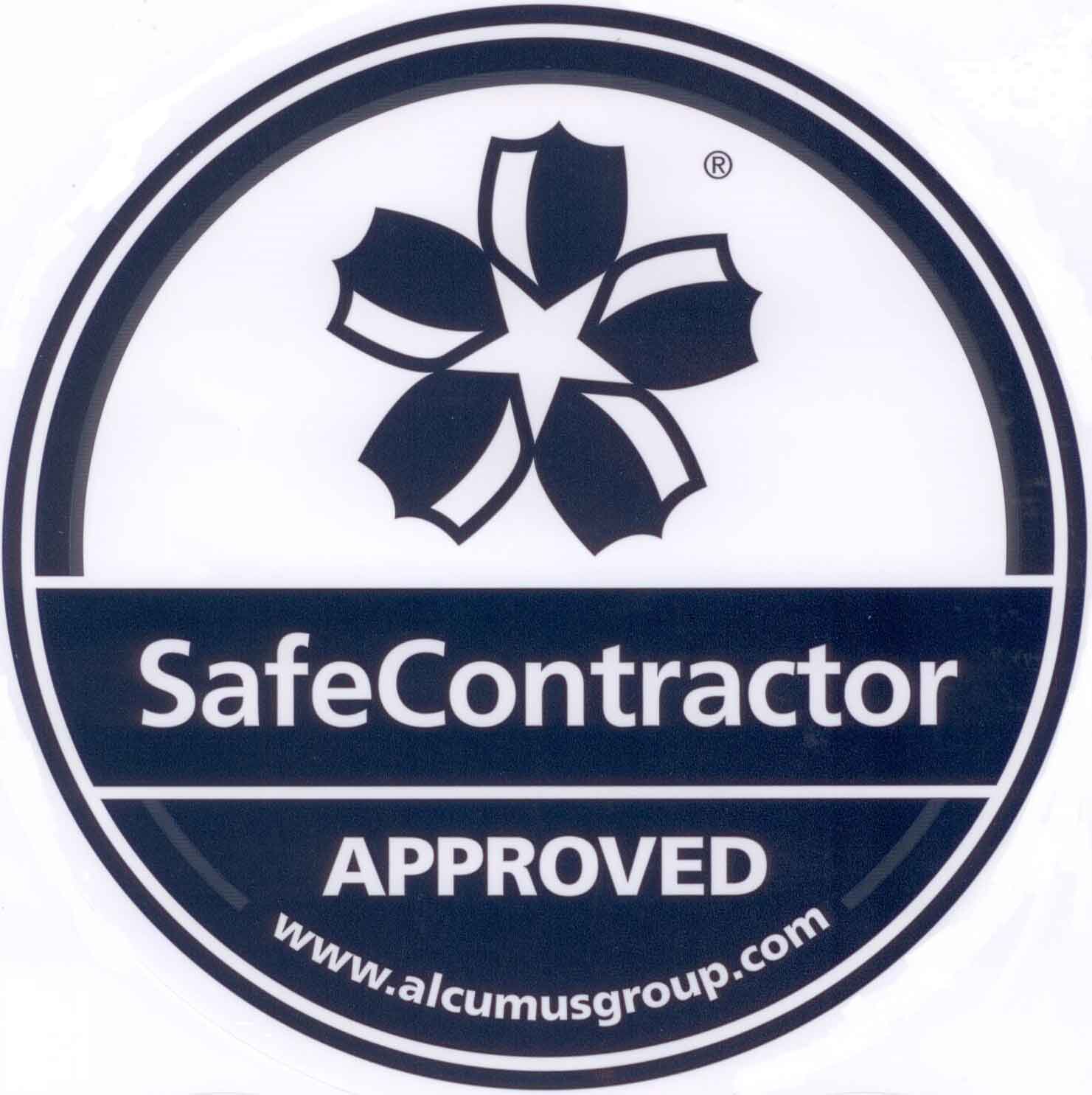Hotel Fire Protection
Owning and operating a hotel means you are responsible for the safety and comfort of guests and staff alike. While there are plenty of things to consider, from the cleanliness of rooms to the quality of catering, ensuring your hotel is protected against fire and you’re fully prepared for the outbreak of a fire should be a priority.
Main risks to your premises
There are four main risks to your property as a hotel owner or operator. Each one presents its own set of dangers, and each one requires certain protocols to ensure the damage that it could potentially pose is not realised. The four specific risks are:
- Smoking materials that are discarded improperly, coming into contact with combustible materials. For example, a lit cigarette from someone who has fallen asleep smoking in bed can ignite upholstery, which could go unnoticed for a long time as the person sleeps. The hope is that the fire detection systems will alert the guest to the fire, which can help minimise damage, but it won’t stop the fire.
- Electrical appliances are obviously very useful and can make a guest’s stay much more comfortable. Things like mini-fridges and televisions are mainstays in most hotels now, but like all electrical equipment, they can pose a significant fire risk if they aren’t used properly.
- Kitchens obviously have huge potential for fire risk, owing to the amount of appliances that are required in such a space, as well as the need for gas, flame and electricity in food preparation.
- Storage rooms, where bedding and towels are stored, for example, can be extremely flammable, and if they’re not stored correctly, the already-high risk of fire is increased.
Preventing arson
The most common cause of fires in any business premises is not lack of care or poor organisation. It’s arson. 45% of all serious fires on business premises are started deliberately, and it is the job of the designated Responsible Person to try and minimise the risk of arson on their premises. There are a number of steps that can be taken to help prevent or reduce the chances of arson occurring on your property:
- If you’ve heard of fires occurring in your local area, inform the police and be on the lookout for any suspicious behaviour.
- Protect your property from intruders by employing effective security measures. CCTV cameras, keypad locks and security guards are all efficient ways of warding off unauthorised access.
- Ensure staff are adequately trained in how to spot suspicious behaviour and report it.
- Ensure locks on windows and doors are all in good working order.
- Consider fitting anti-arson letterboxes.
- Keep rubbish stored safely – this is often an easy target for arsonists as rubbish can be set alight easily.
Hotel fire safety tips
While there are numerous fire risks associated with the operation of hotels, there are effective steps you can take to minimise the risks and help those within the building react appropriately, should a fire break out.
- Ensure that all electrical equipment is subject to comprehensive testing on an annual basis – this will help minimise the risk of fire by ensuring all faults are caught and remedied before they can worsen.
- Training your staff in the correct usage of all equipment that may pose a fire risk is crucial. Misuse of equipment can cause serious accidents, so all those who are required to use such equipment should be fully trained.
- Where smoking in rooms is concerned, it’s difficult to create a guaranteed preventative method. All you can really do is to put up signage that clearly states smoking in rooms is prohibited, and install smoke alarms in rooms and ensure they are working correctly.
- Ensure your staff are properly trained in preventative action and reactive procedures in the event of a fire. This includes evacuation processes, use of various fire extinguishers and the reporting of incidents.
As you can see, the running of a hotel means the management of a lot more than just staff and guests. There are plenty of safety considerations at play, and fire safety is one of them. With the right care and planning, though, these risks can be minimised.











